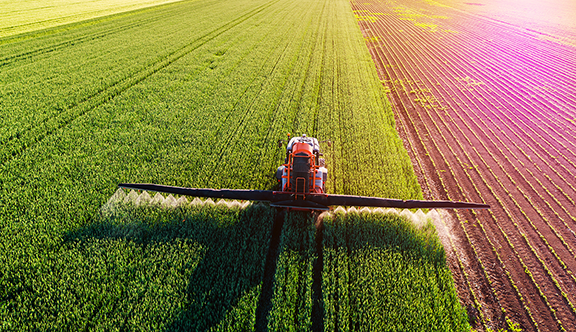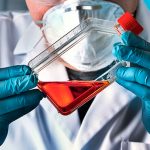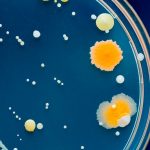
Protein Hydrolysates: The Microbial Revolution in Agriculture
The use of microorganisms in agricultural crops, called biofertilizers, is helping to reduce the consumption of chemical fertilizers and pesticides. This is due to the symbiotic effect that certain microorganisms have on plants, promoting their growth, a healthy state, resistance to pathogens, and the quality of the final product.
For these microorganisms to generate their maximum effect, they require a complex nutritional input. One of the most commonly used elements to promote the growth of microorganisms is hydrolysates. Protein hydrolysates are products resulting from the controlled breakdown of proteins into smaller peptide fragments through the action of enzymes or acids. This process of hydrolysis allows for the creation of a rich source of nutrients that soil microorganisms find highly attractive, enabling the use of biofertilizers as a promising solution to optimize soil health and increase crop production sustainably.
Increased microbial growth
The concentration of microorganisms in biofertilizers is key to promoting optimal crop growth. Achieving the appropriate densities poses one of the main challenges. Hydrolysates provide an easily accessible nutrient source, facilitating the growth and division of these microorganisms. The application of hydrolysates allows for reaching the necessary quantities with reduced cultivation times.
Soil Quality
The action of biofertilizers is not limited to plants; they also aid in the uptake of nitrogen, phosphates, and potassium. Additionally, they generate a range of organic compounds that enrich the soil, such as vitamins, amino acids, siderophores, and auxins. The use of hydrolysates as a nutrient source enables the attainment of the required quantity of microorganisms, allowing them to generate their beneficial effects, enriching the soil and promoting an optimal environment for crops.
Resistance to diseases and environmental stress
Biofertilizers promote plant growth but also support their adaptation to the environment by stimulating their protection mechanisms against pathogenic fungi or bacteria. They also promote mechanisms against saline stress conditions or drought.
Biofertilizers, obtained through the use of protein hydrolysates, represent a promising innovation that could play a crucial role in transforming how we cultivate our food. These advancements demonstrate how science and technology can come together to address global challenges and improve food security more efficiently and ecologically.
Would you like to learn more about our hydrolysates? Please get in touch with us.


